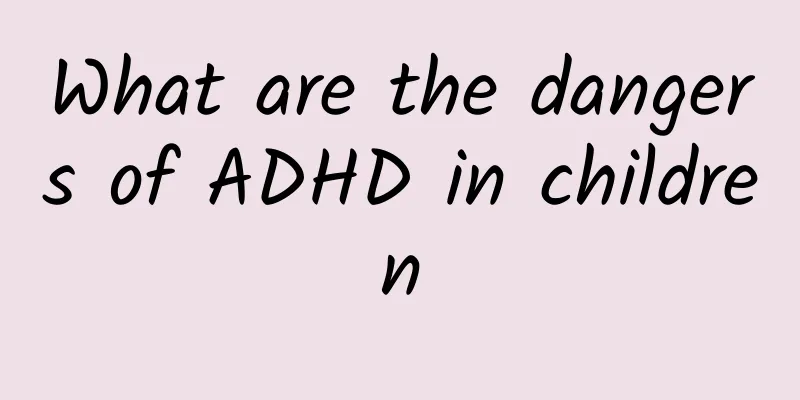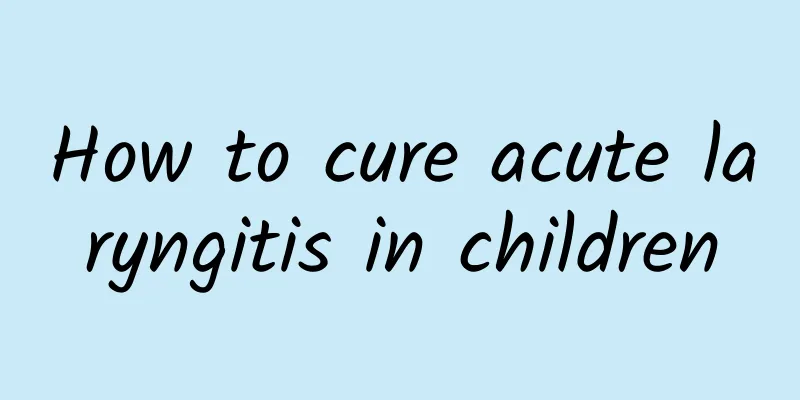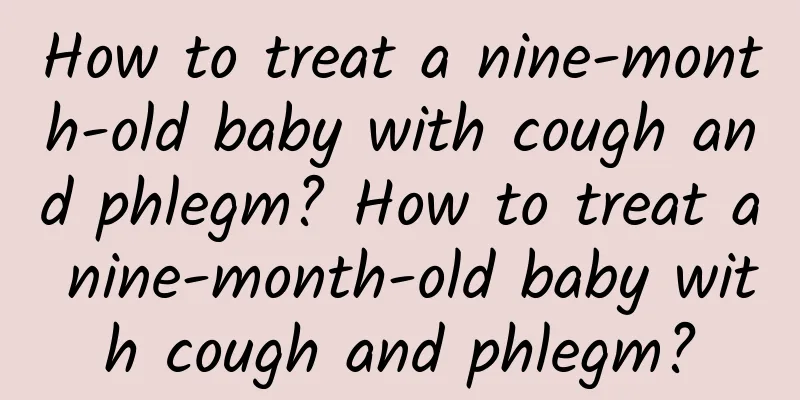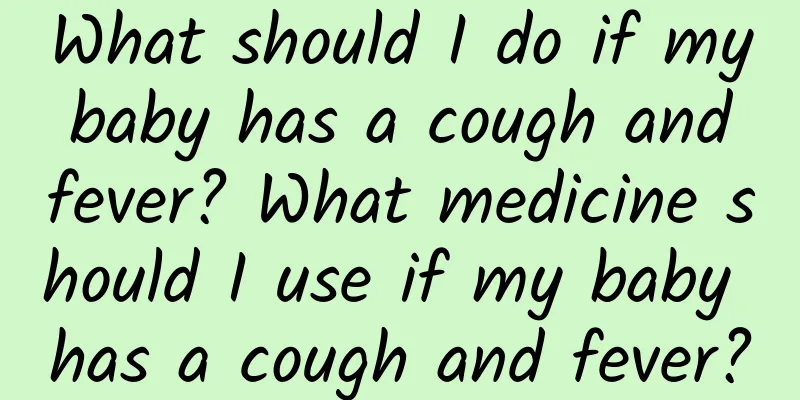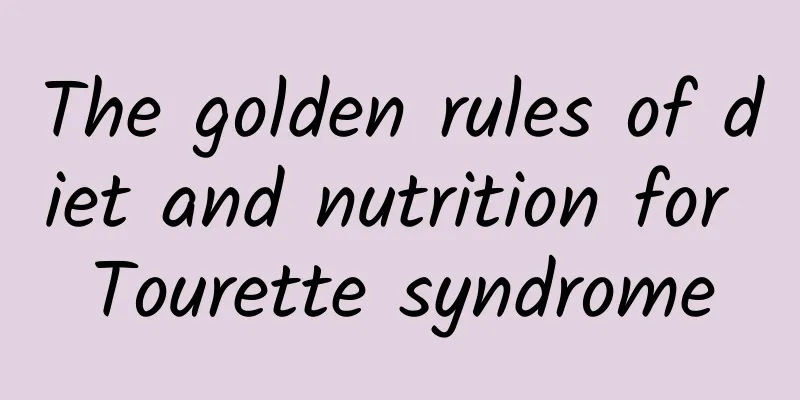What is Kawasaki disease in children?
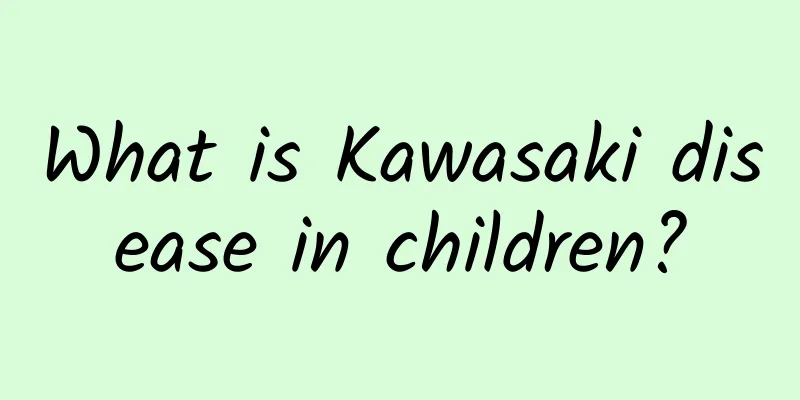
|
Kawasaki disease in children is an acute febrile disease with systemic vasculitis as the main lesion. It is more common in children under 5 years old. In severe cases, it can lead to cardiac complications and requires timely medical treatment. 1. The cause of Kawasaki disease is still unclear, but it may be related to genetics, immune system abnormalities, and infectious factors. Genetic factors may make some children more sensitive to certain pathogens, and immune system abnormalities may lead to excessive inflammatory responses. Infectious factors such as viral or bacterial infections may trigger the occurrence of the disease. 2. Symptoms of Kawasaki disease include persistent high fever, rash, conjunctivitis, oral mucositis, swollen hands and feet, and swollen lymph nodes. If your child has these symptoms, especially if the high fever lasts for more than 5 days, you should see a doctor immediately. The doctor will confirm the diagnosis based on clinical manifestations and laboratory tests. 3. The main goal of treating Kawasaki disease is to control inflammation and prevent cardiac complications. Drug treatment includes intravenous immunoglobulin IVIG and high-dose aspirin. IVIG can effectively reduce inflammation, and aspirin is used for anti-inflammatory and anti-platelet aggregation. For severe cases, glucocorticoids or other immunosuppressants may be needed. 4. Diet and care are also important in the recovery process of Kawasaki disease. It is recommended to give children easily digestible and nutritious foods such as porridge, soup and fresh fruits. Avoid spicy, greasy and irritating foods. Keep children well rested and hydrated, and monitor body temperature and heart function regularly. 5. Preventing the recurrence and complications of Kawasaki disease is the key. Regularly follow up with cardiac ultrasound and electrocardiogram to monitor heart function. Avoid children from contacting sources of infection and maintain good hygiene habits. Parents should pay close attention to their children's health and seek medical attention in time if any abnormality is found. Although Kawasaki disease in children may cause serious heart complications, most children can fully recover with timely diagnosis and treatment. Parents should be vigilant, recognize symptoms early, and seek medical attention in a timely manner to ensure that their children receive the best treatment and care. |
<<: What are the principles of treatment for patent ductus arteriosus in newborns?
>>: The pros and cons of ADHD medication
Recommend
What are the sequelae of kidney disease in children?
Everyone knows about the disease of childhood kid...
Health care methods for children with pneumonia
People have heard of pneumonia. Many pneumonia pa...
How to detect eczema in children
In life, we often see some children with eczema. ...
How much does it cost to check for acute laryngitis in children?
According to statistics, the incidence of acute l...
Diet therapy for diarrhea syndrome in children
Diarrhea in children is a very common symptom. Ma...
What are the symptoms of breast milk jaundice? 3 symptoms of breast milk jaundice you should know
Breast milk jaundice is different from physiologi...
Can Hirschsprung's disease be cured? Treatment of Hirschsprung's disease
Hirschsprung's disease refers to a condition ...
What are the methods to cure breast milk diarrhea?
What are the methods to cure breast milk diarrhea...
What should adults eat for hand, foot and mouth disease
Adults with hand, foot and mouth disease should f...
Symptoms of Hirschsprung's disease in babies
Parents should pay close attention to the symptom...
How normal is neonatal jaundice?
How normal is neonatal jaundice? 1. Neonatal jaun...
Is mumps a respiratory infectious disease?
Is mumps a respiratory infectious disease? 1. Gen...
How to treat neonatal port wine stains? There are 3 methods to treat neonatal erythema.
Newborns with port-wine stains can choose to unde...
Is it okay to take Chinese patent medicine for acute laryngitis in children?
Can children with acute laryngitis take Chinese p...
The main symptoms of neonatal jaundice
The main symptoms of neonatal jaundice are yellow...
